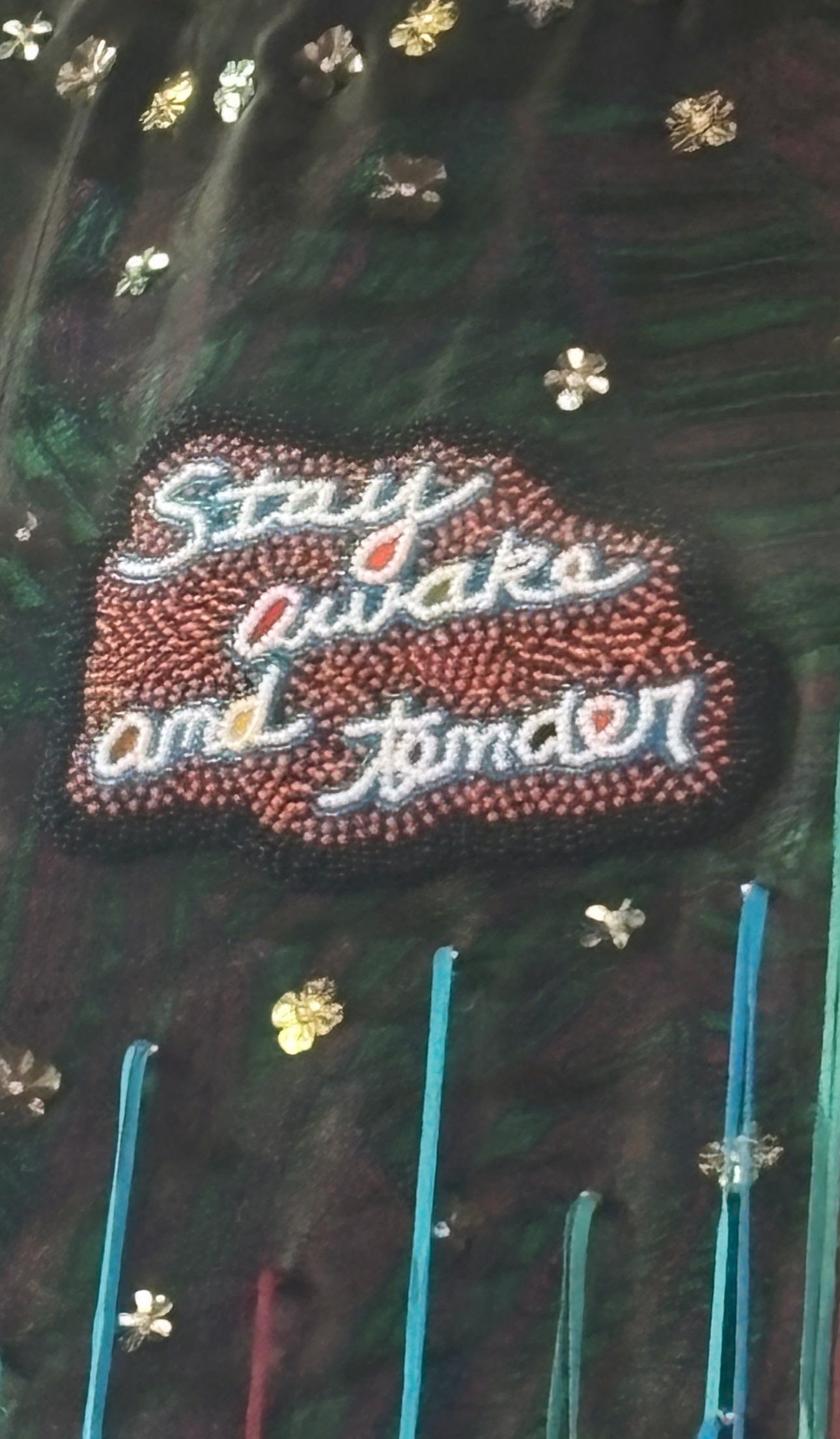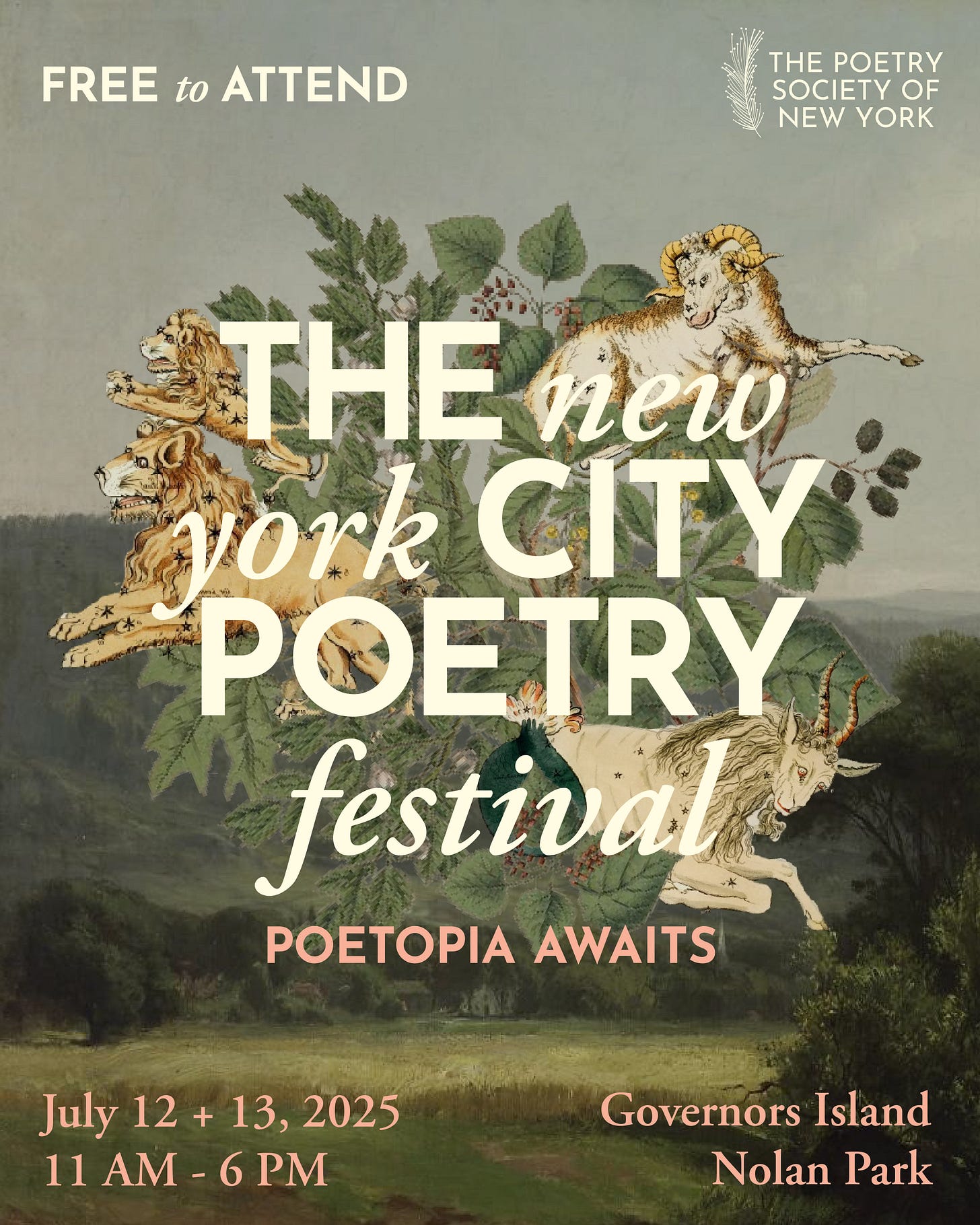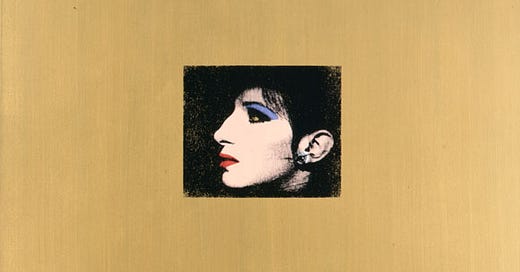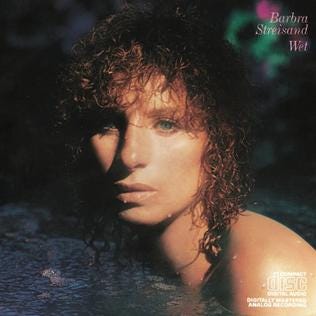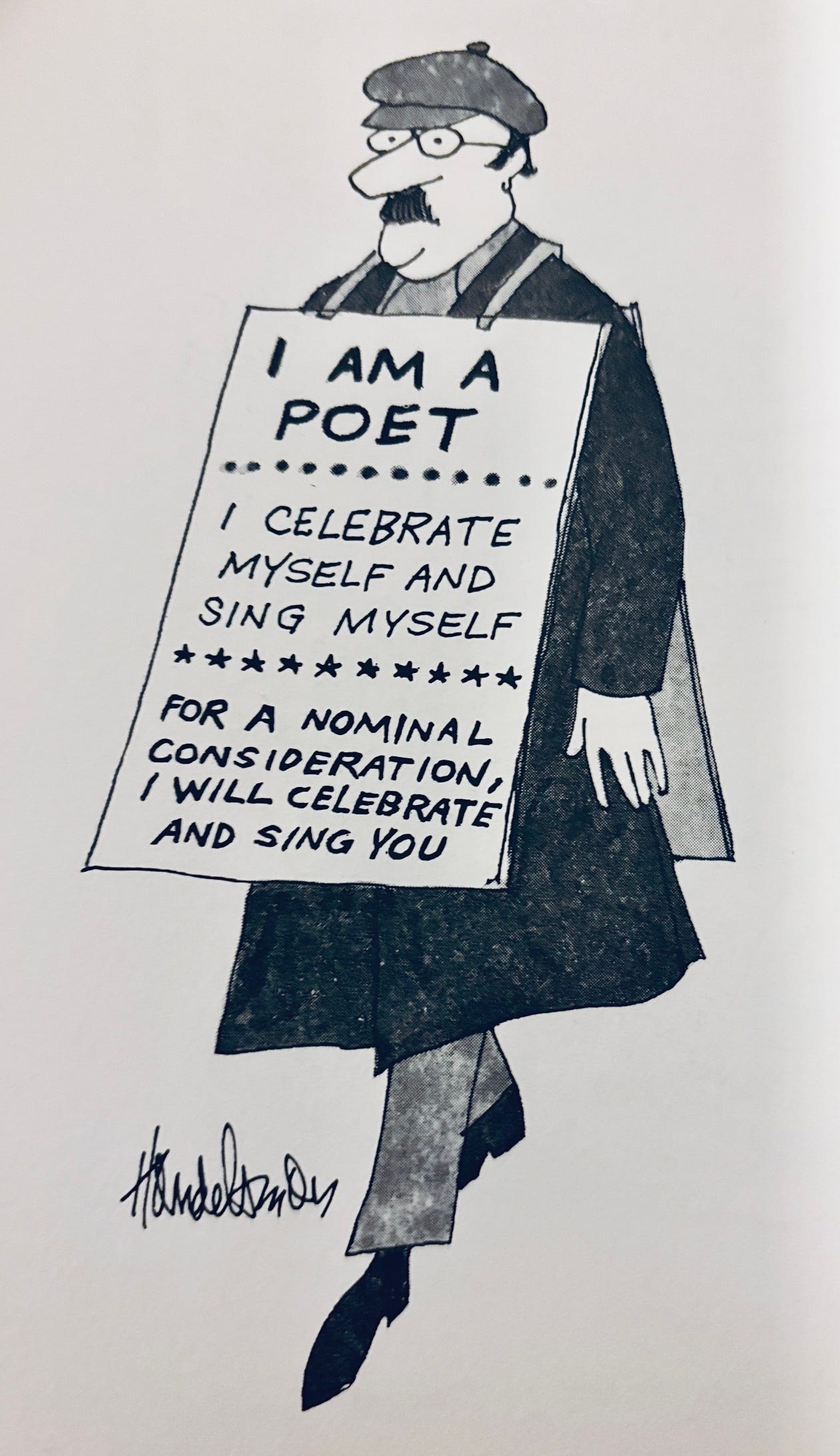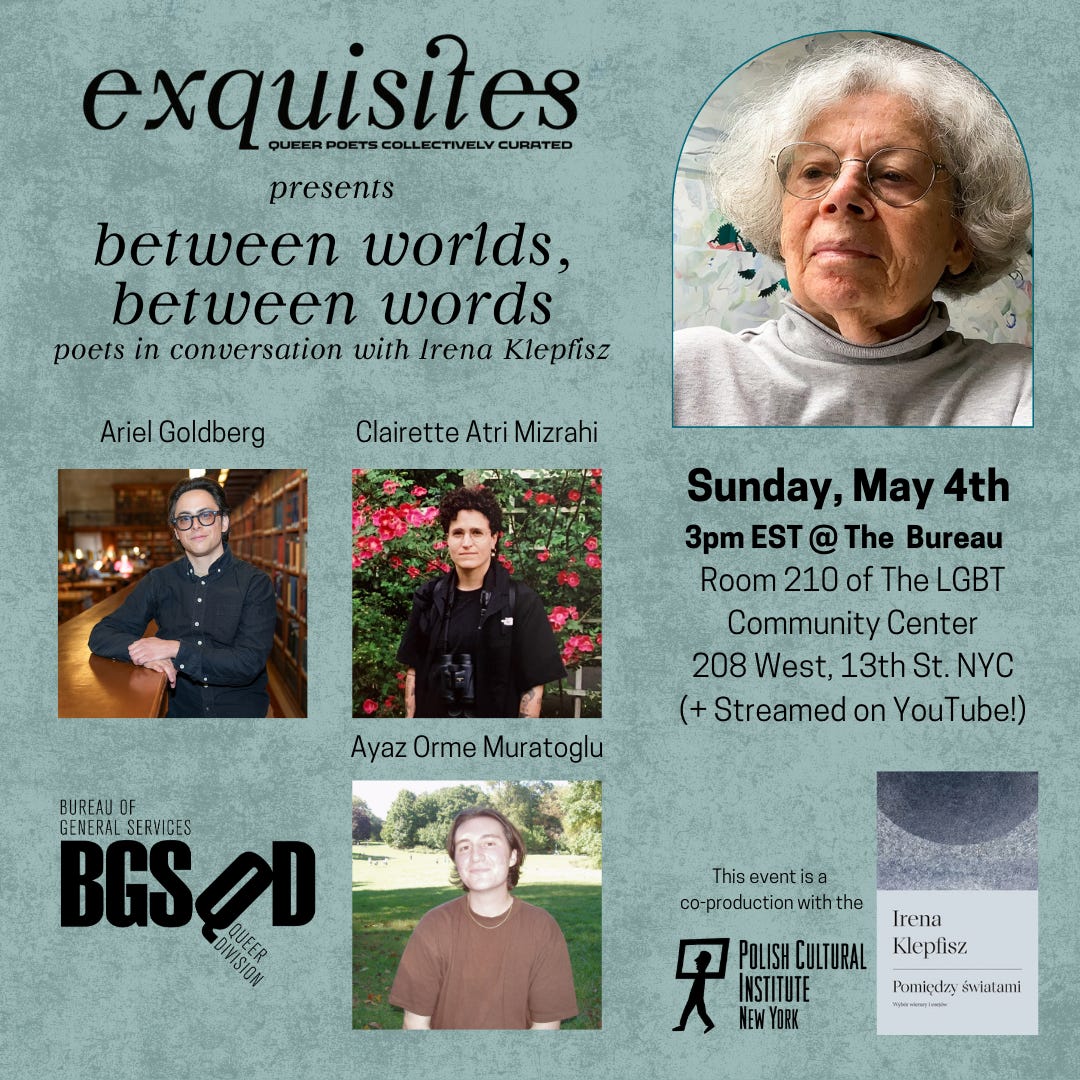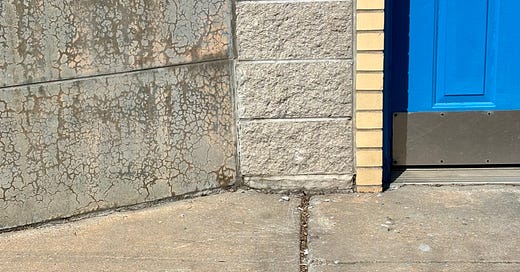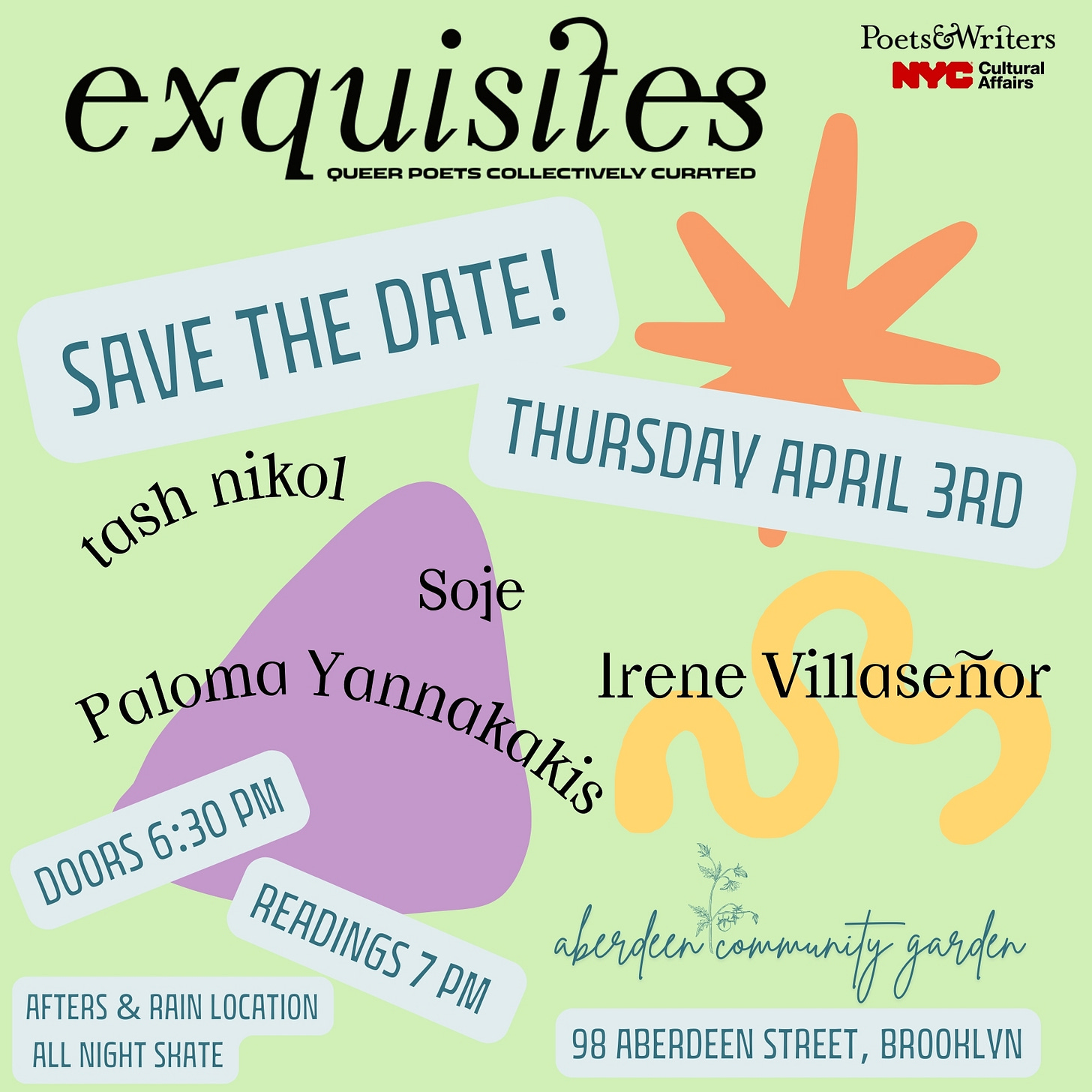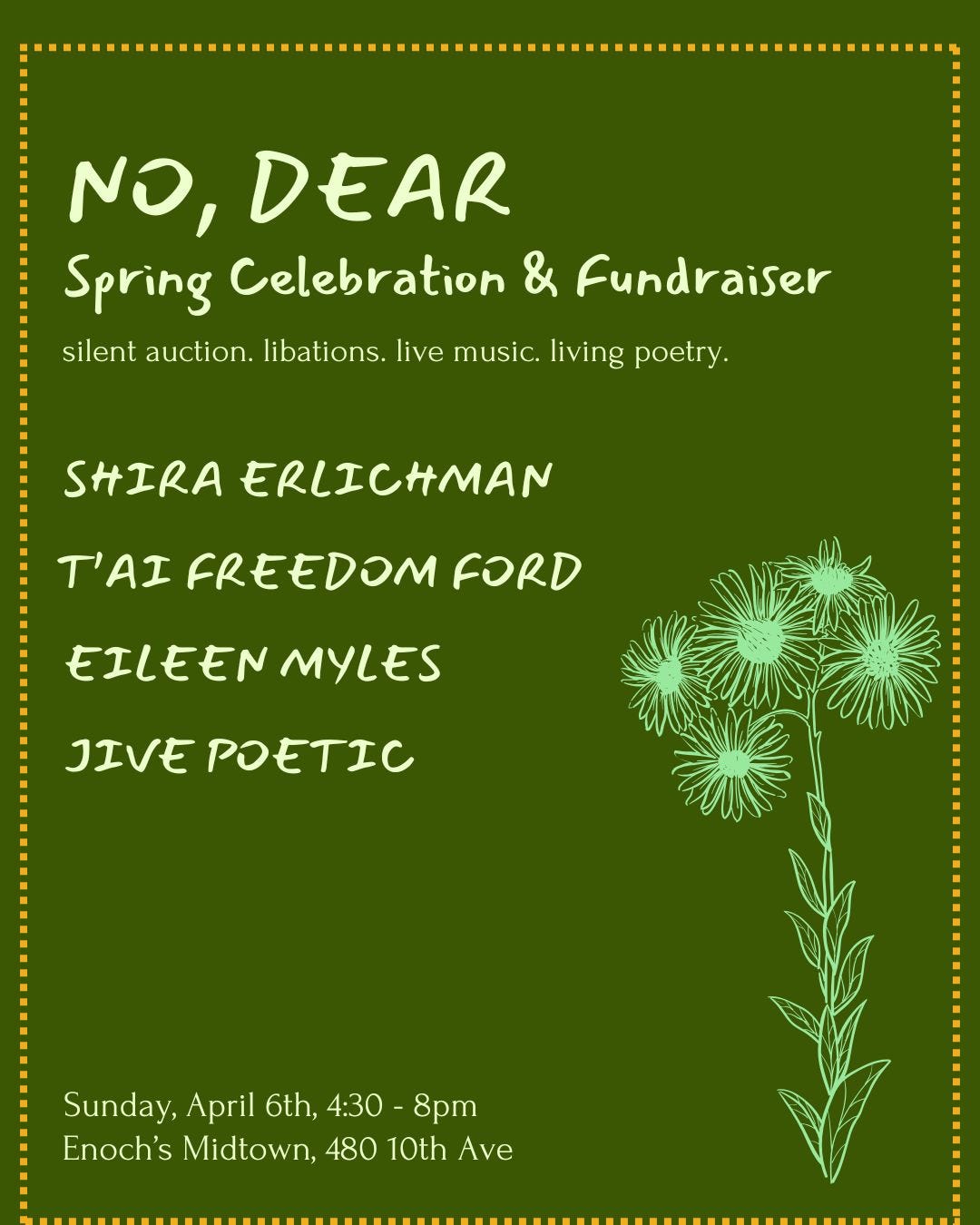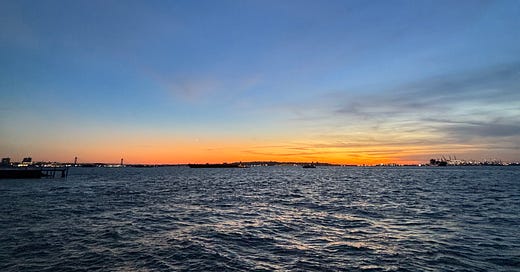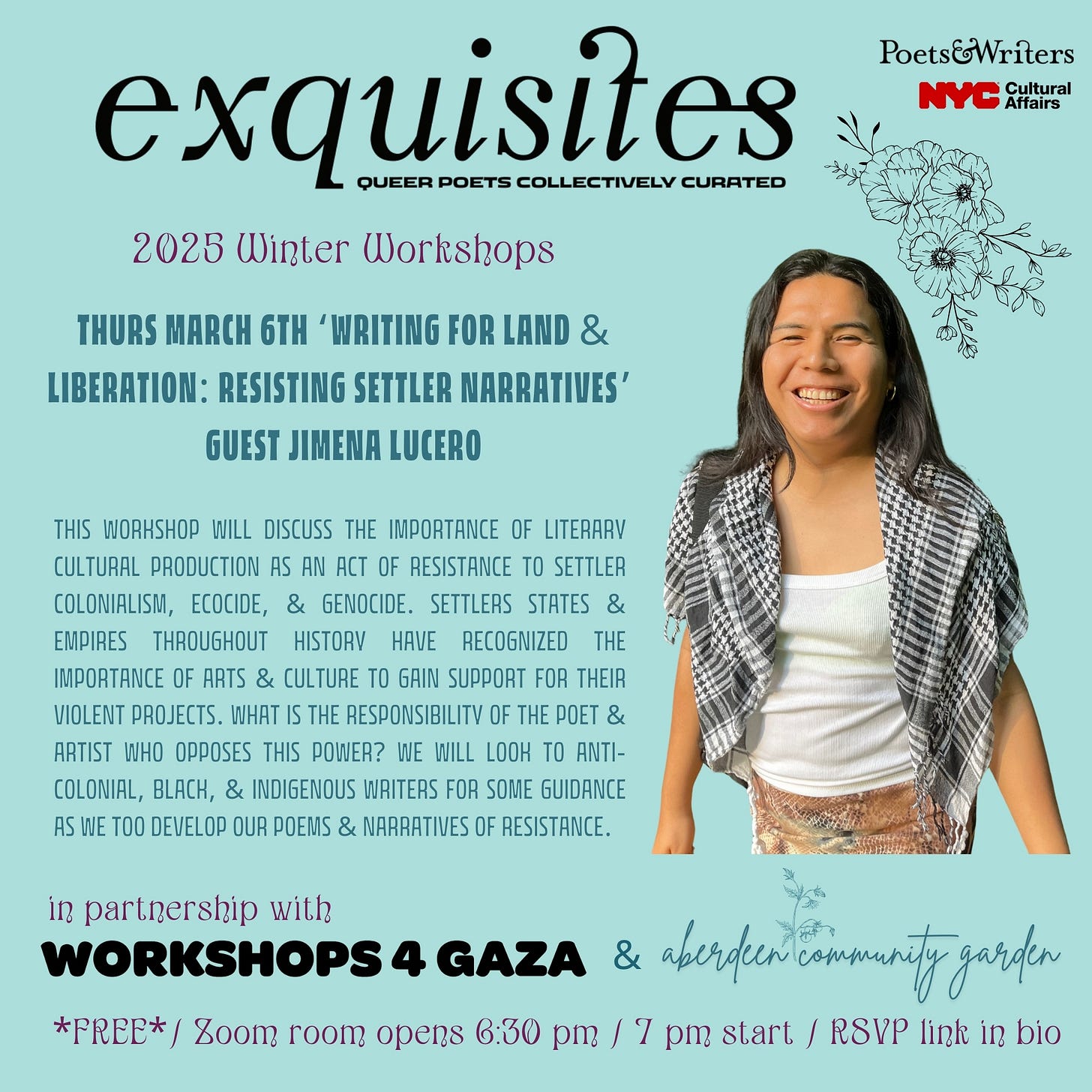
There are two days left in June, which means it’s almost the end of so-called Pride Month™. This 2025 edition has had the usual ups and downs—in temperatures and in sentiments.
*
A few days into the month, I finally saw Oh, Mary during Cole Escola’s final weeks in the show. Thanks to Michael waiting in the early morning rush line, we got to see Cole (pre-Tony) float in that iconic dress in a true feat of writing and physicality. I’ve seen maybe one show in the last five years and I’m so glad to have seen this one. How comforting it was to be squarely in the realm of the absurd for ninety minutes. The show felt like it was simultaneously deflating and inflating: poking holes at the constructed seriousness of history and gender while pumping the characters (and audience) with laughing gas.
I left thinking about authenticity and how so often the folks most marginalized and least believed have it in spades. Mary’s true desires of cabaret are mocked precisely because she expresses them, contrasting her husband who hides his wants. Arguably, the hypocritical backlash to Mary’s authenticity can be extended to anti-queer and anti-trans rhetoric especially.
In “Out Home Out West,”1 Cole reflects:
“I don’t think they hate me. Life is basically not very fair, and some people like to make up their own little rules. I think they believe that if they follow all their rules, nothing bad will happen to them. So when they see someone who is not following their rules and doing just fine, it makes them scared that their rules don’t really matter. And when people get scared, they get mad.”
Indeed, this Pride Month and every other month, there are plenty of people mad and scared. Rule-followers of all kinds are holding tight to the fantasy of their own authority. I think of lawyer Chase Strangio taking an Oh, Mary Playbill into the Supreme Court to remind himself that he was “also doing a performance;” “channeling people who inspire” in “those spaces that are meant to be so serious, but are in fact so absurd.” (One of the many setbacks this month was the Supreme Court’s 6-3 decision in Skrimetti that ruled that Tennessee’s ban of gender-affirming care for youth “does not illegally discriminate against individuals on the basis of sex or transgender status,” allowing “Tennessee, and any other states that may choose to follow its discriminatory lead, to ban medically-necessary health care for minors.”)
*
Later that week, we hosted our June exquisites with a sweet lineup of Providence poets. This months marks three years of the series Em and I are so genuinely proud of. I feel so lucky to have witnessed (and paid!) almost 200 queer and trans poets together.
*
I also read at Hive Mind Books as part of a reading titled Queer Rage, organized by Jennifer MacKenzie. In preparation for the reading, I looked through my archive hoping to find my most enraged poems and found very few.
So, I wrote a new poem, one of those you finish on the train to the reading. It consisted of six six-line stanzas, which I delighted in reading as one of six readers performing on the sixth day of the sixth month. I won’t share all of it here, but it was a small opening to talk about the rage of Pride (“our / allocated rage month, set aside just / for us and the corporations that love / is love us”), of masculinity (“FATHERS OFTEN USE TOO MUCH FORCE, Jenny / says — and that force becomes exam / -ple suffocating lineage we foll / ow or don’t — what room was there for you — did / you occupy it or fill it with some / thing else”), and of Covid denial (“every nostril, every / chin feels like betrayal”).
I continue to think about the shape of rage, its form and use. How does it relate to pride? To fear? To just simply anger?
Kevin Gotkin’s recent Crip News reflects on this moment well and includes some invaluable links and readings:
It’s queer endurance month for those trying to honor the Mad Trans Black origins of Pride while navigating the present realities of ‘rainbow capitalism.’
Pride Month is an occasion to get with your people, cast off the shame too many of us learned as kids, and demonstrate the difference disability mutual aid can make in queer spaces. It’s a chance to link up with queer organizing that addresses the global imperialist co-optation of Pride.
Pride could be a time for vibrant political education. That’s why it stings when organizers of the annual WorldPride festival (who once worried it was becoming an "orgy of pinkwashing”) spent more time encouraging trans people to stay home than educating the public about the crucial role of disability protections for access to trans healthcare.
*
That first weekend, I also produced an edition of Drag History Hour with the iconically-named Bertha Vanayshun. One of the highlights was an act by DJ Aimee Amour which was a tribute to the trans electronic music pioneer Wendy Carlos (who is still active!). The number incorporated a BBC interview with Wendy from 1970, where she was in full boy-drag, mutton chops and all. Wendy’s work shaped the sound of dance music, which is to say shaped the sound of the (queer) dance floor for decades.
***
This Summer also marks the fifth anniversary of The People’s Saturday School. This month was also the third annual reunion, the day after which I traveled to Mass MoCA on what is now also a yearly pilgrimage with my friend varun. We went on a guided “ephemeral” tour of the temporary exhibitions, including Jeffrey Gibson’s “POWER FULL BECAUSE WE’RE DIFFERENT.” Gibson’s spaces at Mass MoCA evoke a church, a club, and a library. They are marked by literal platforms (which for me recall Felix Gonzalez-Torres) which are also symbolic (the artist has programmed a an ongoing series of performance activations featuring other queer and Indigenous artists in the space). Walking through on the tour, I was struck by the power artists have to say-the-thing directly and in all-caps like the title. One cannot engage with the work except in the terms it sets—one where queer, two-spirit, and Indigenous people are present and powerful.

Here’s one detail with sound advice I’m still thinking of:
*
Five years ago, we were also listening to Lorde’s Solar Power (“when the heat comes, something takes ahold”) and now we’re taking in her latest Virgin. The X-ray cover—literally revealing—is accompanied by lyrics which speak to what in interviews she’s described as her “gender broadening.” Indeed, the opening track “Hammer” includes the lyrics “Some days I’m a woman / Some days I’m a man” and “I'm ready to feel like I don't have the answers.”
***
In these vignettes from my month, I am seeing the recurring questions of queerness, questions of authenticity, of transparency, of ritual. Where do we broaden, where do we bend? How do we deploy our desires and what do we make known to others? Who is listening to and seeing us? These are the questions that will take us into the post—into the after—where there may continue to be pride, but also rage and wrath and and and . . .
Upcoming
This Thursday (7/3), exquisites is back at Aberdeen Community Garden with a lush summer lineup:
Em and I are also be reading with exquisites at the NYC Poetry Fest Blackbird Stage on Sunday, July 13th at 2 pm with the wonderful Aishvarya Arora and Chae(lee) Dalton, who led our virtual workshops earlier this year. Take the ferry and say hi!
H/T to Leo Herrera, author of POST for posting.







